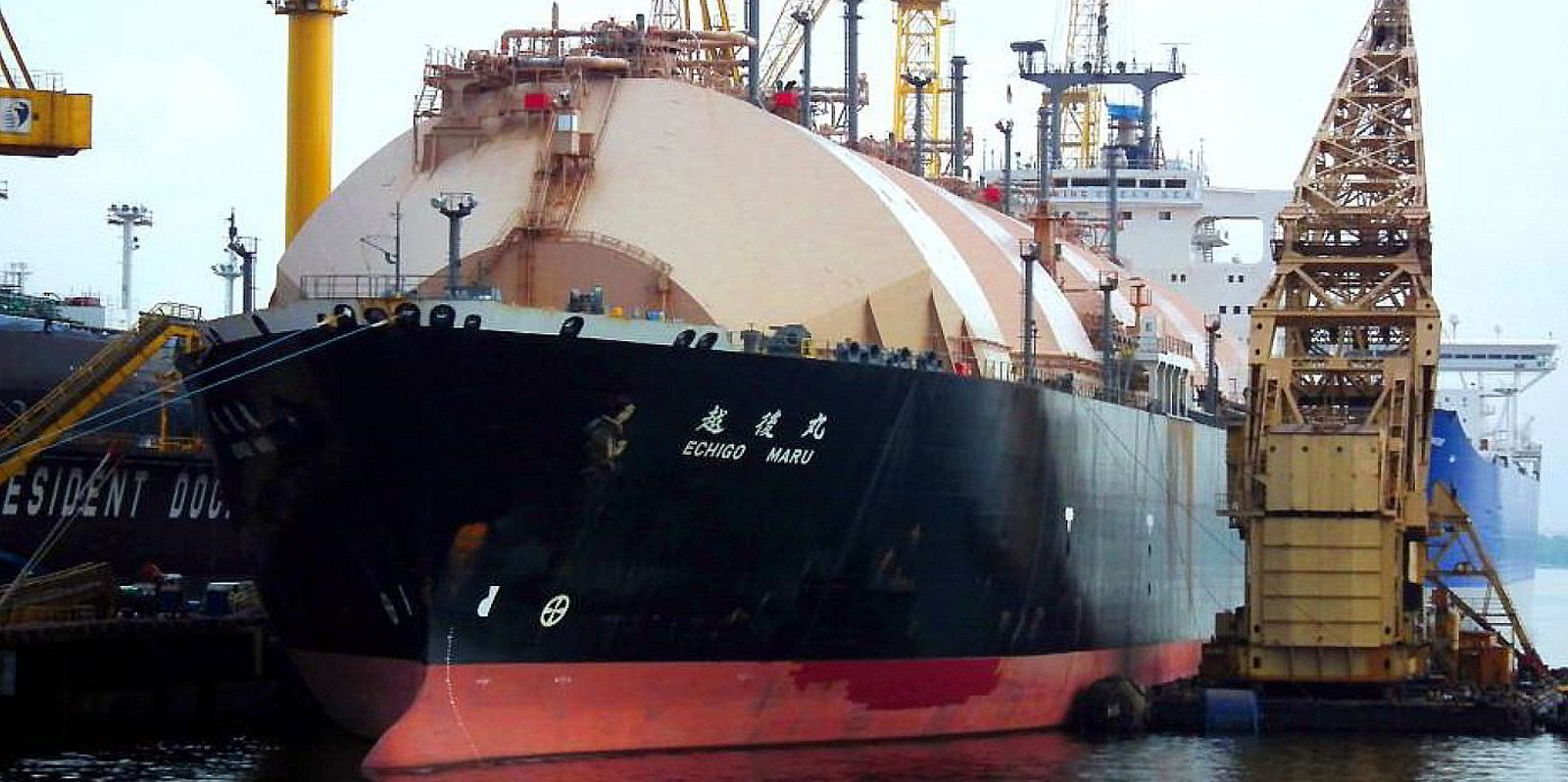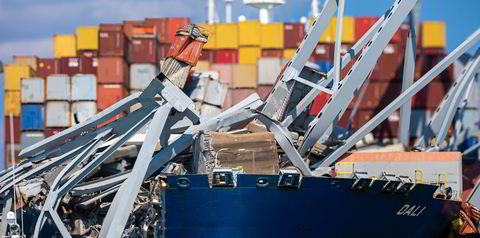Three LNG carriers have been sold for strong demolition prices in the first quarter of this year as shipowners in the sector review some of their older tonnage for either recycling or secondhand sales.
Brokers said Sinokor Merchant Marine’s sale of the 127,580-cbm Grace Energy (built 1989) to cash buyers — which was reported by TradeWinds on 13 March — was helped by a solid price of $684 per ldt because of the vessel’s 2,700 tonnes of aluminium content.
A final demolition destination has yet to emerge for the veteran ship — among the top 10 oldest LNG carriers in the world fleet — which this week was still being quoted on brokers’ position lists.
The Grace Energy — the former LNG Swift from the North West Shelf shipping fleet — was Sinokor’s first secondhand LNG carrier purchase.
The media-shy South Korean shipowner bought the vessel in 2015 in a laid-up condition.
It reactivated the ship in 2018, first fixing it to Petronas. But it has sat idle off the east Malaysian coast.
The vessel is Sinokor’s second LNG scrap sale this year.
The company sold its 126,911-cbm Moss-type Adriatic Energy (ex-Echigo Maru, built 1983) to cash buyers for recycling in India or Bangladesh.
Rumoured prices on the ship ranged from $660 to $675 per ldt — or between $21.3m and $21.8m — on the 32,303-ldt vessel.
The sales leave Sinokor with six idle or laid-up LNG carriers and one trading ship, with the company closing in on a secondhand LNG purchase from TotalEnergies and apparently moving forward with up to four newbuildings at Samsung Heavy Industries.
Separately in February, the smaller 89,880-cbm Seapeak Arctic (ex-Arctic Spirit, built 1993) was sold for scrapping in India.
Its 3,678 tonnes of aluminium content helped achieve a strong price of just over $15.2m for the 23,667-ldt ship.
LNG carrier scrap sales are pointing towards a strong start this year, compared with a single vessel recycled in the whole of 2022.
Brokers said they expect further older ships to hit the sales market but warn that some could be snapped up for project business as floating storage units or conversion to floating storage and regasification units, particularly with newbuilding prices so high and early delivery slots unavailable.





